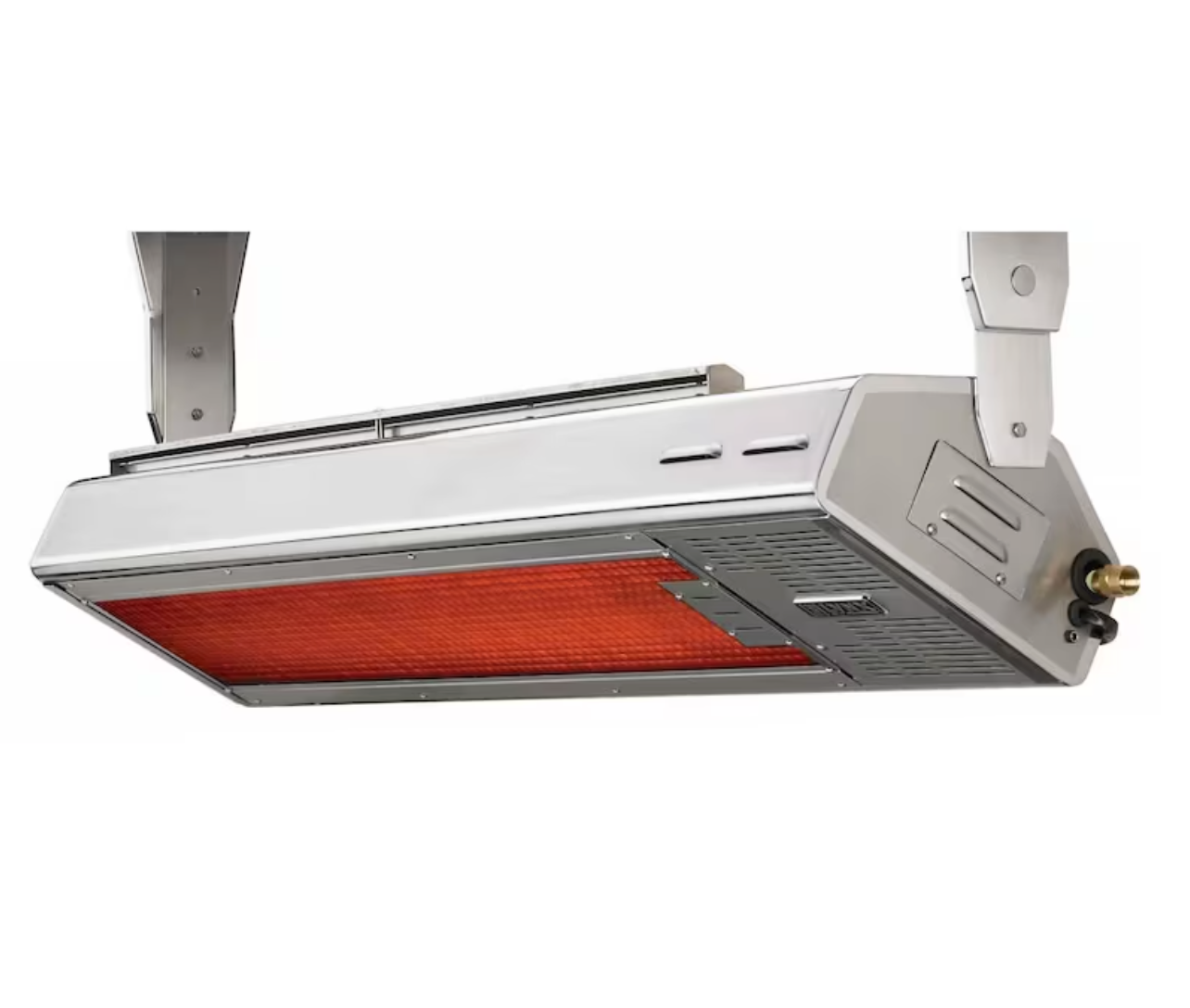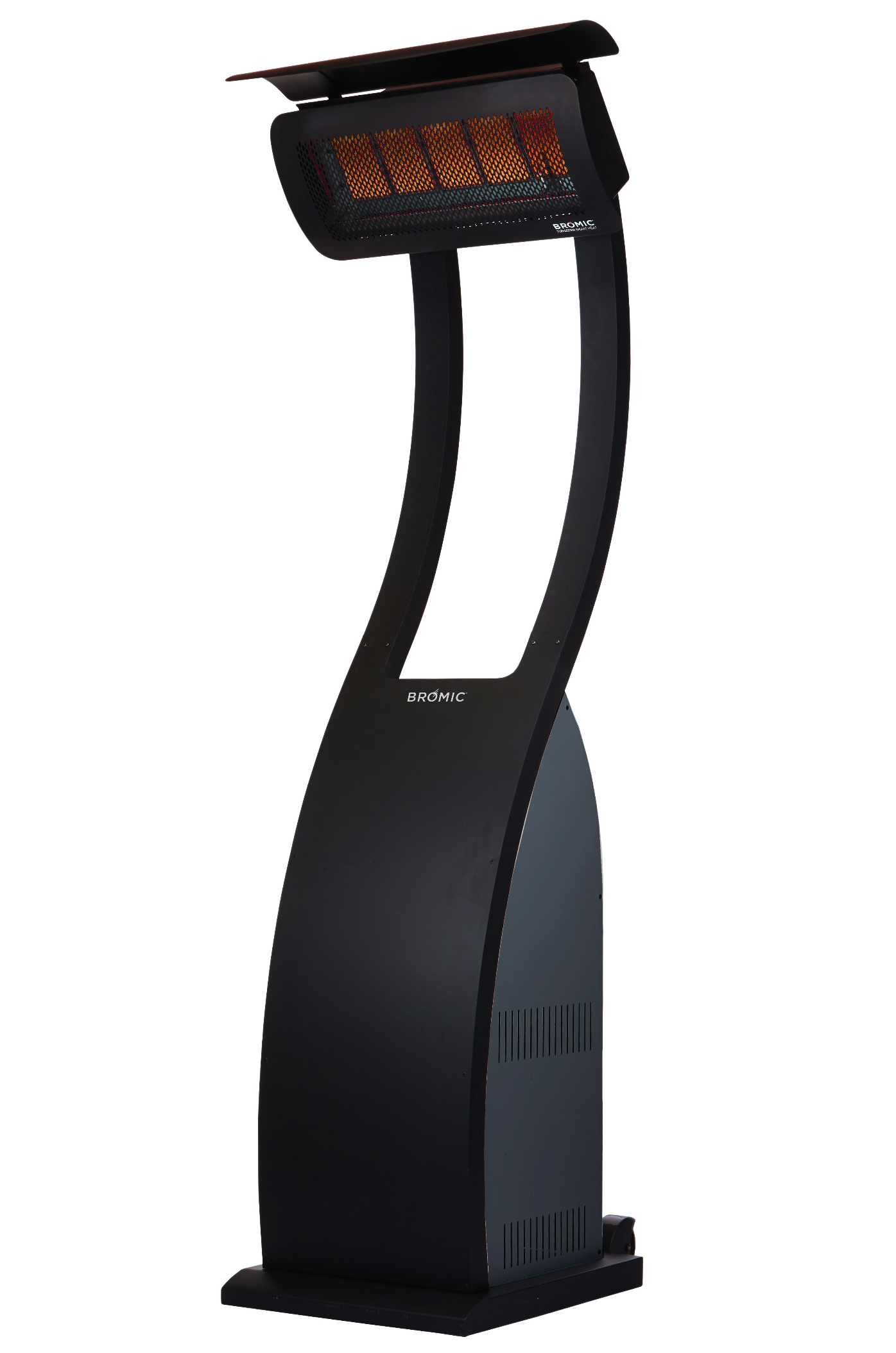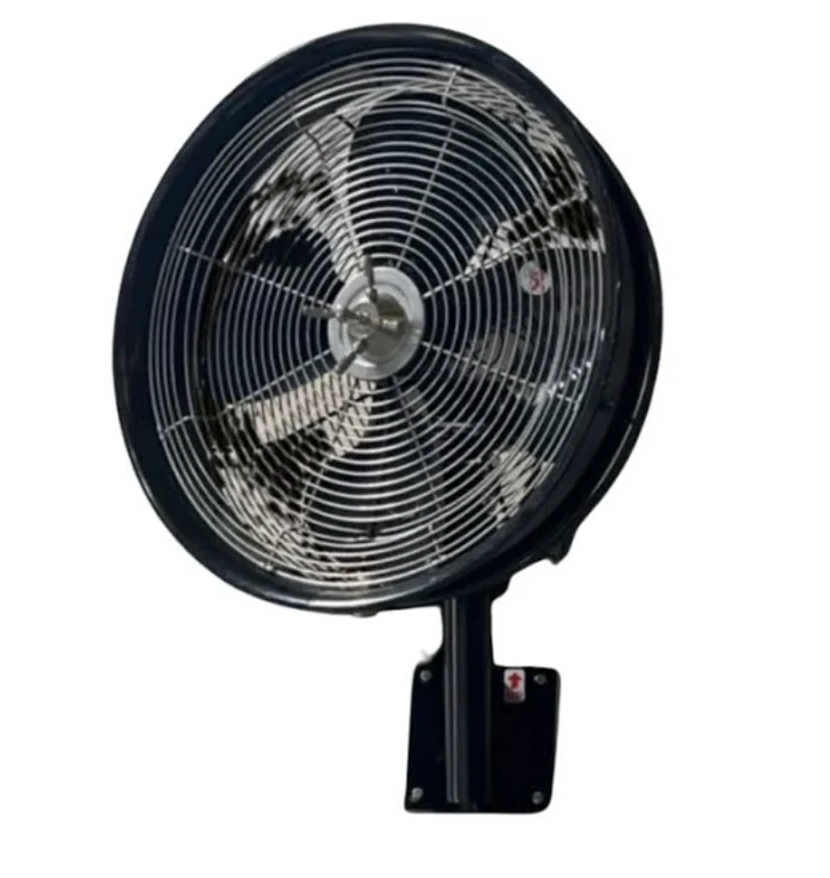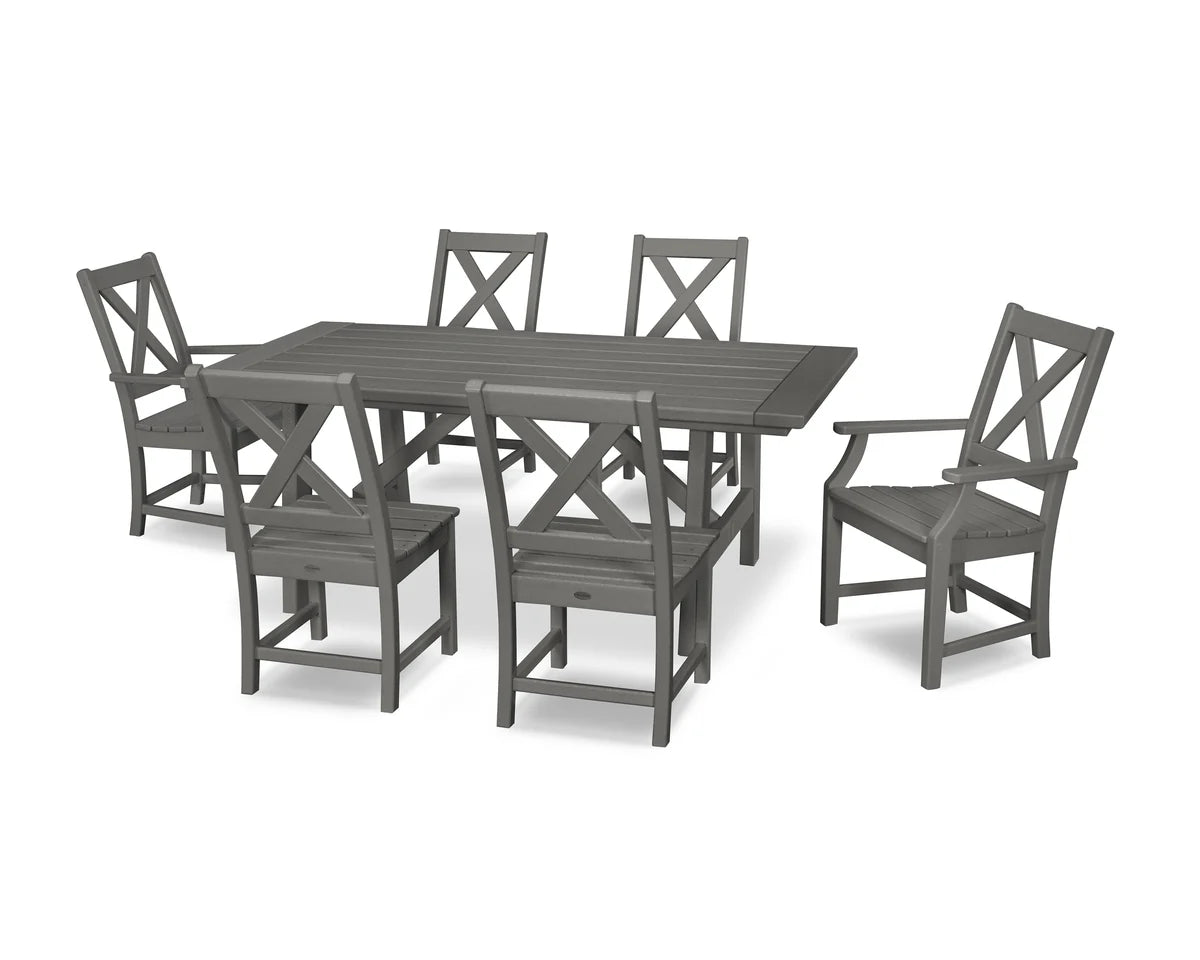5 Tips to Consider when Selecting a Gas Grill

The time has come and you are ready to dive into the gas grill world. But with so many things to consider and so many choices, how do you go decide which one to buy?
Here are 5 things to consider when purchasing a gas grill for your backyard barbecue parties and entertainment.
Do you want Propane or Natural Gas?
Propane grills require an external tank (most grills have the tank hidden). You will want to have a spare full tank on hand at all times, just in case the tank goes empty while are cooking that great steak. Propane tends to be a little more expensive than natural gas, but that really just depends on your usage.
Natural Gas will require you to have a dedicated gas line run to the location where your grill is installed.
Most high-quality gas grills include a gas conversion kit, so if you start off with one type of gas and want to change to another, you will be able to use the conversion kit to accomplish that. Lower-priced gas grills tend to NOT provide the option.
How will you use the grill?
This may seem basic or simplistic, but the truth is not everyone uses their grill the same way. Some people use it every day regardless of the number of people or amount of food being prepared, and others use it only for certain occasions such as for large parties or dinner parties.
Your usage is important to consider when you determine the type of grill, the add-ons and eventually the cost of the grill itself. If you prepare meals for just a few people the majority of the time, you may not need as large of a surface.
However, if you prepare grilled food for large groups then you may want to have a larger cooking surface. Keep in mind that wider does not necessarily mean better in lower-cost grills — they are lower cost for a reason.
How much do you want to spend?
This is the magic question and is one only you can answer. However, if you take into consideration all the previous factors, you will be comfortable with your purchase. After you make your purchase the last thing you want to feel is to be unsure or have second thoughts because you spent too much or did not spend enough, which could cost you later on.
Like everything else, with grills you get what you pay for. You can shop your local hardware store and pick up a grill for a few hundred dollars, or you can spend more than $10,000 on a state-of-the-art grill, or you can find something in between.
Setting a realistic budget at the beginning will be important as you search for that backyard addition. But don't let price be the final deciding factor. It is important to talk with a product expert to really learn about what you can get, sometimes for just a little bit more money, and to learn the real differences and value the top brands offer.
Additional features — What are they and are they necessary?
Add-ons and features to grills can add to the overall cost of the grill, but they can also add great value and increase your enjoyment of using the gas grill. Side burners, sear burners, added rotisseries or halogen lights are just a few of the options available to purchase. So while these may not be necessary, they may be valuable additions for you.
Take a rotisserie, for example. You probably have tasted a delicious rotisserie chicken from a restaurant or grocery store. Your thought was "Wow, I would love to be able to make a chicken like this!" Well, that small added feature just might be what helps make your decision, since not all grills come with a rear infrared rotisserie burner. Again, it is important to talk with a product expert before making your final selection.
Durability, Up-Keep and Maintenance
It's important to keep in mind the durability of the parts on a particular grill. Again, low-cost grills are less expensive for a reason. Often, the parts are not as high quality and they don't last as long.
You want to consider the material and how much upkeep and cleaning are required? Is the lid built to last and not fall apart from repeat opening and closing? What is the thickness of the material, which directly impacts the quality of the heat, the cooking and the longevity of the product itself?
Investing in a grill cover to protect your grill from the elements is a small investment ($50-$150) with a lasting benefit. Again, a good conversation with a trusted grill expert will help give you peace of mind when you make that much anticipated purchase and investment.
Good Grilling from all of us at BBQ Outfitters












